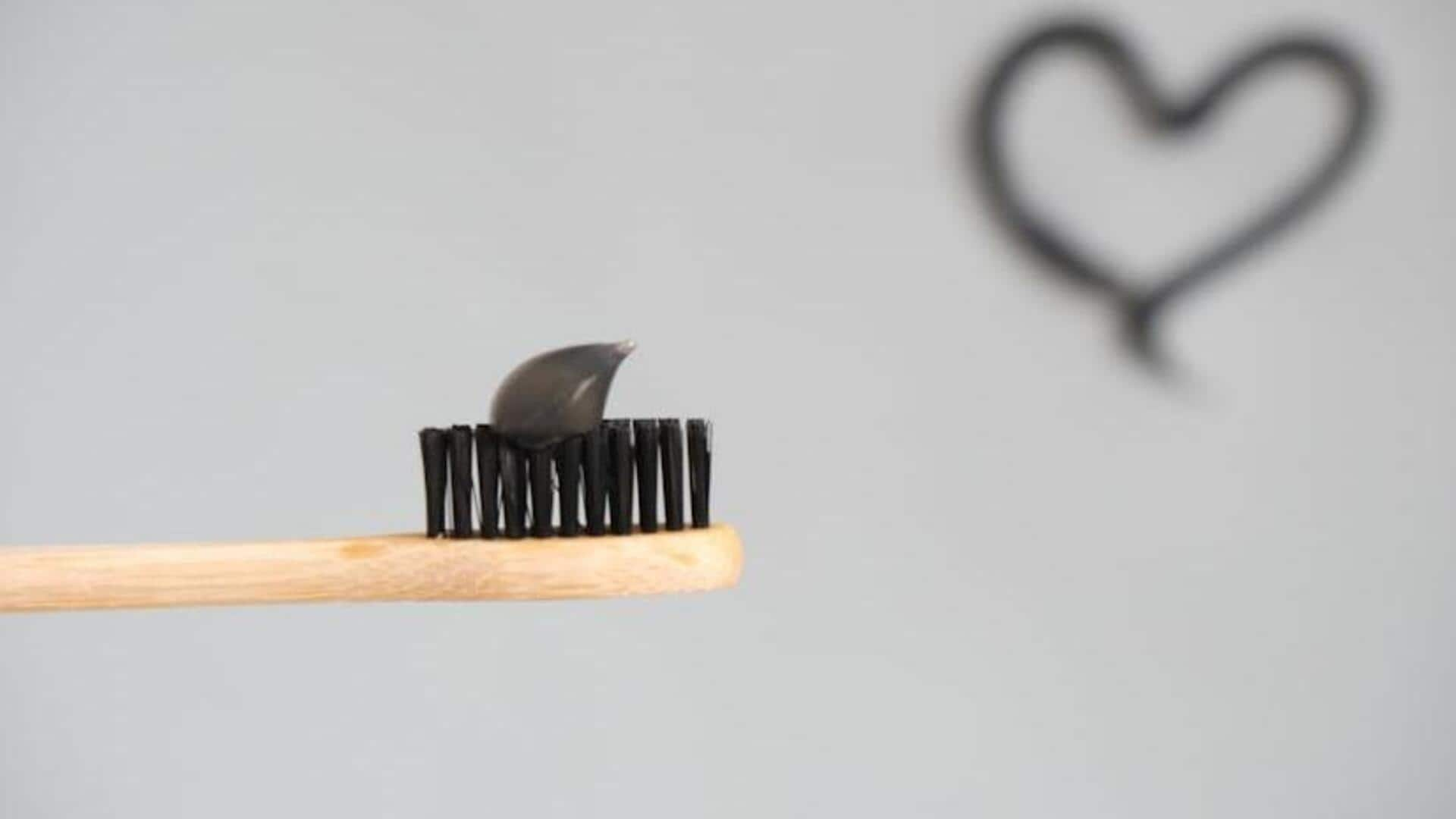
The truth about charcoal toothpaste
What's the story
Charcoal toothpaste has become trendy for those seeking a whiter smile, thanks to its claims of natural whitening properties. Its abrasive nature can indeed remove surface stains, contributing to its appeal. However, it's crucial to distinguish between short-term cosmetic improvements and long-term oral health. One should carefully consider the potential risks and benefits of incorporating charcoal into their dental care routines to ensure the health of their teeth.
Myth 1
Charcoal doesn't equal whiter teeth
The notion that charcoal toothpaste is superior to regular toothpaste for teeth whitening is a common misconception. Yes, charcoal is abrasive and may temporarily remove surface stains, but prolonged use can erode your enamel. Ironically, this erosion makes your teeth more prone to staining and decay in the long run, which is the opposite of what you want if you're aiming for a brighter smile.
Myth 2
Safety concerns overlooked
Many people assume that charcoal toothpaste must be safe because it's "natural." But, natural doesn't always mean safe for every purpose. The abrasiveness of charcoal can actually harm your gums and enamel with regular use. Plus, most charcoal toothpastes don't have fluoride, which is key to fighting tooth decay and maintaining oral health.
Myth 3
Lack of scientific backing
Although trendy, charcoal toothpaste isn't backed by science for teeth whitening. Studies haven't shown benefits beyond regular fluoride toothpaste and professional dental treatments. For oral care, trust science! Use proven products like regular fluoride toothpaste and seek professional dental advice. This way, you can maintain a healthy and beautiful smile safely.